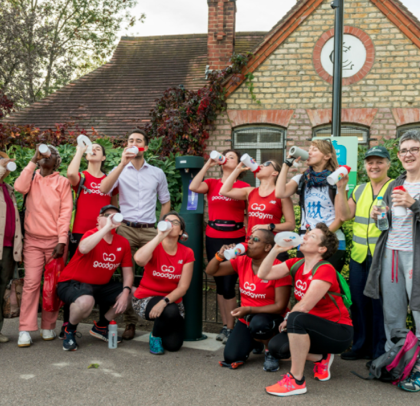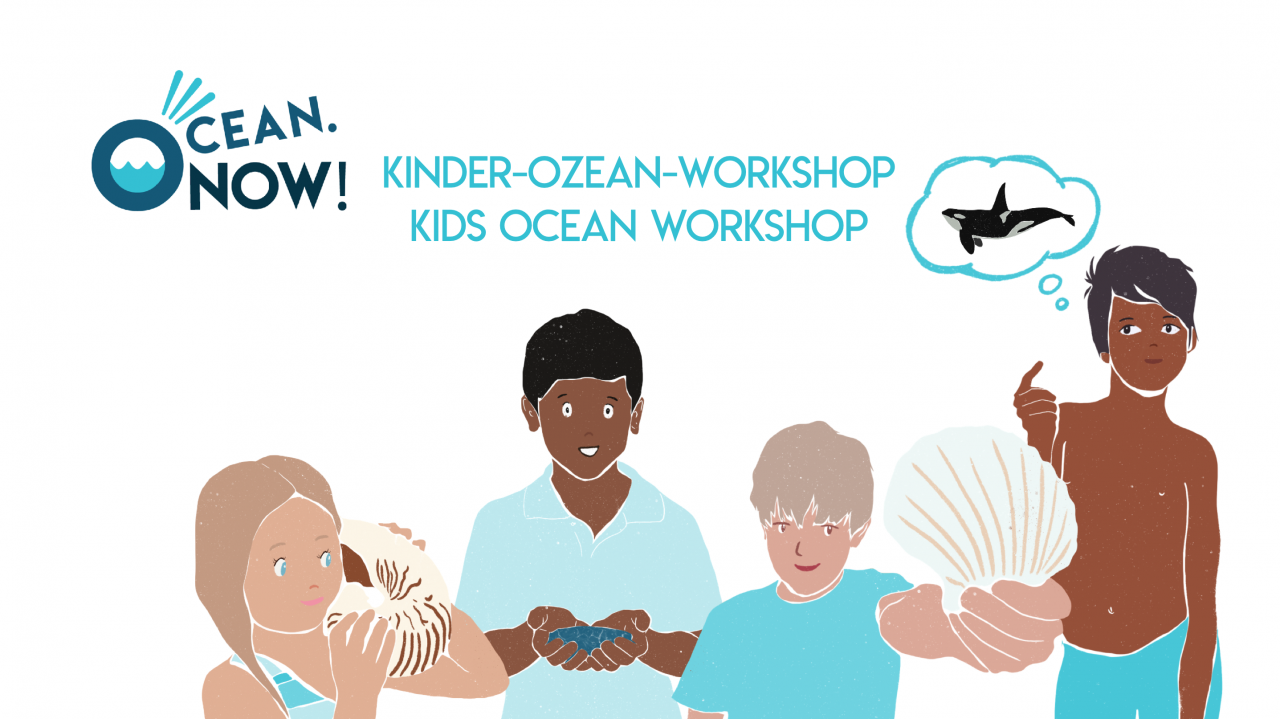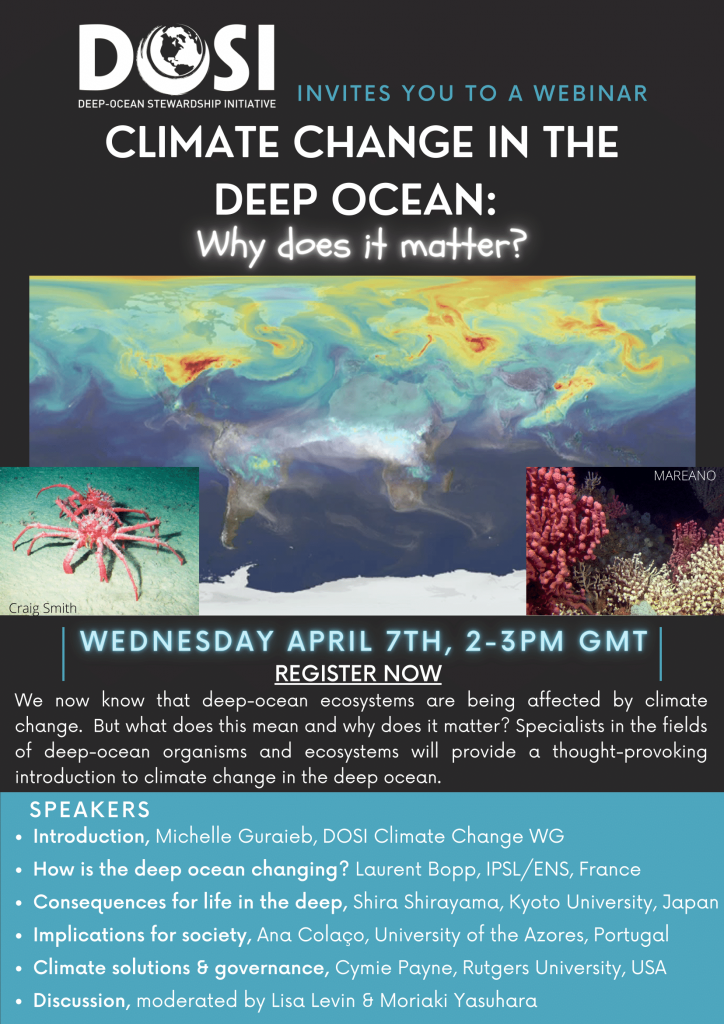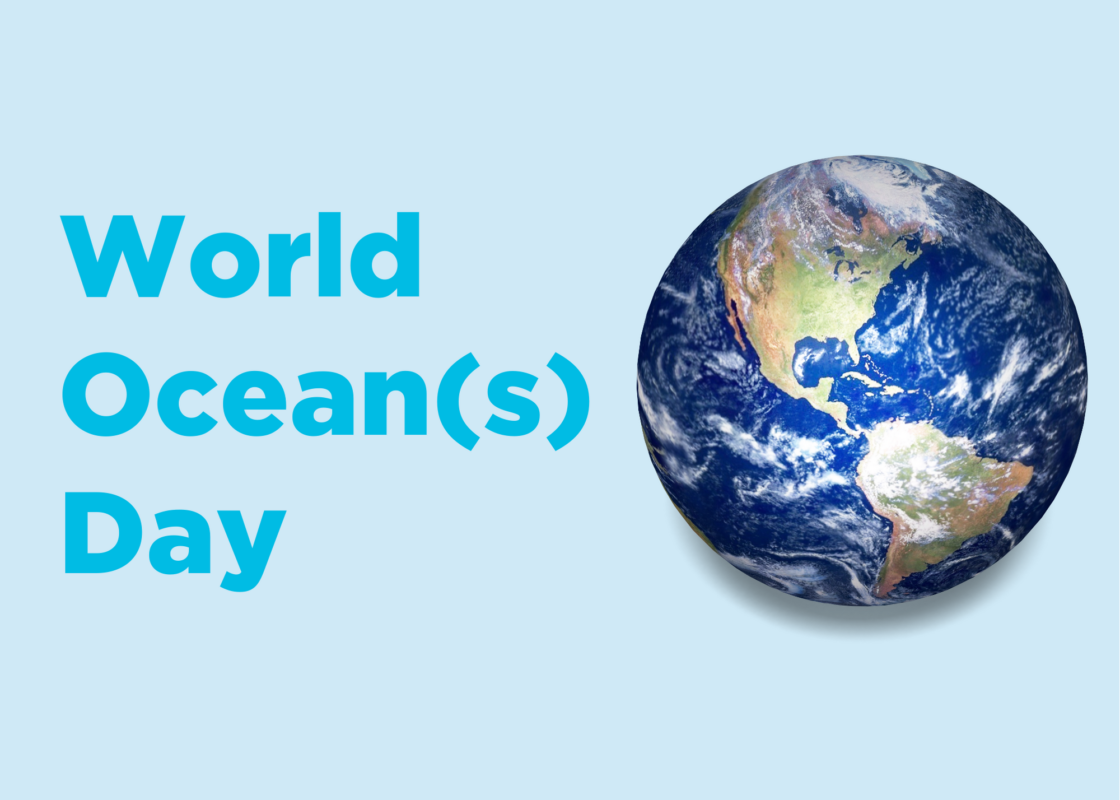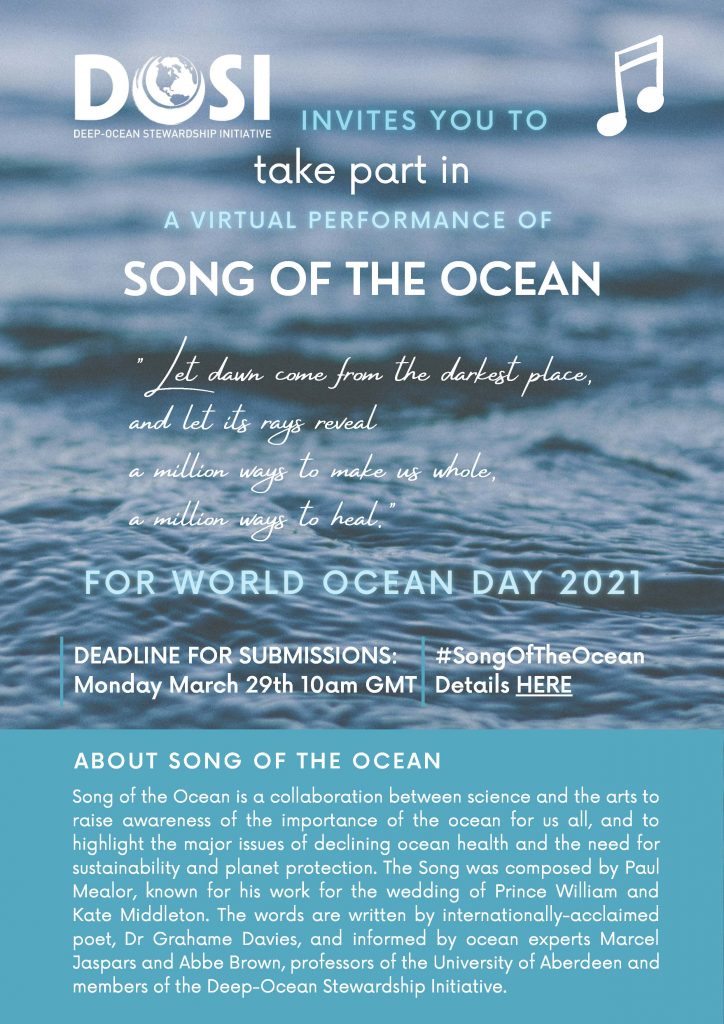Shauna Jordan – #OneLess campaign
A healthy ocean makes life on earth possible, protecting us from the worst impacts of the climate crisis, and providing half of the oxygen we breathe. However, ocean plastic pollution continues to rise, undermining the health of our ocean in the face of the climate crisis. A recent report predicted that the annual flow of single-use plastic into our ocean will triple by 2040 unless urgent action is taken. While this is a global issue, innovation and creative solutions are needed at a city level – starting with London.
Almost eight billion single-use plastic bottles are bought in the UK every year, with Londoners purchasing 175 plastic water bottles on average per person annually. In recent years, London has made progress in promoting a culture of reusing and refilling, but there is still much more work to be done. Ridding London of single-use plastic water bottles would be one of the simplest and most effective things that we could do to boost our ocean’s immune system and safeguard its health for future generations.
The #OneLess campaign, together with 40 organisations working to turn the tide on marine plastic pollution, are calling on mayoral candidates to seize the London elections as an opportunity to make bigger and bolder commitments to eliminate single-use plastic water bottles in the capital.
Organisations, institutions and businesses including Selfridges, Tate, King’s College London, Surfers Against Sewage and Keep Britain Tidy, have signed a joint statement, urging the future Mayor of London to take critical action to tackle the scourge of single-use plastic water bottles across the city and specifically to:
- Promote London as a city leading the charge to eliminate unnecessary plastic and build awareness of the impact of single-use plastics on our ocean;
- Ensure sufficient and equal access to public refill points in London;
- Eradicate single-use plastic water bottles in Greater London Authority buildings and support London businesses to do the same.
Supporting London’s shift to a city where refilling and reusing is the norm and unnecessary single-use plastic water bottles are a thing of the past, would be an important and achievable act of ocean protection that the future Mayor of London could take. The climate and nature emergencies cannot be tackled separately; therefore safeguarding our ocean’s health for generations to come will be imperative in the face of the climate crisis.
Solving London’s single-use plastic water bottle problem would also help protect the city’s beloved blue and green spaces, an integral part of London’s identity, providing millions with clean air, immeasurable physical and mental wellbeing benefits, and cultural value. These spaces also provide a home for nature in the city.
By committing to the ambitious targets the #OneLess campaign and statement supporters have outlined, London’s future Mayor can demonstrate a commitment not only to ocean health and climate action, but also to social justice and the wellbeing of their constituents and future generations.
There is still a chance for organisations who have not yet signed on to the statement to get involved. Join #OneLess in calling on the future Mayor to protect our ocean from plastic pollution by sending your logo to oneless@zsl.org for inclusion on the joint statement.
Thanks to all our partners who have supported our campaign so far.
Who we are
The #OneLess campaign has been leading the charge against ocean plastic pollution since 2016, cultivating a fundamental change in the way Londoners drink water – from single-use plastic water bottles, to reusing and refilling. Our vision is to transform London into a place where single-use bottled water is a thing of the past and where plastic waste is drastically reduced for the sake of the ocean. Find out more at https://www.onelessbottle.org/

